Once upon a time there were these cool retail shops called “record stores,” where we browsed through bins of lovely vinyl to our hearts’ content and discussed the latest releases with store owners and fellow shoppers. And even though we sneered at chains like Pittsburgh-based National Record Mart for prevailing over the small independently-owned stores we loved, shopping at NRM was a thousand times better than having to buy music at places like Walmart.
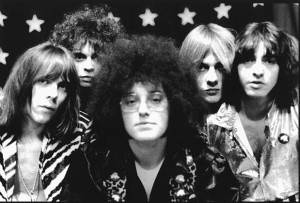 Through the years, The Great and Powerful retailer has banned countless CDs on the basis of album art and song lyrics they deem distasteful or obscene. These include releases by Nirvana, Sheryl Crow, Prince, Marilyn Manson, The Goo Goo Dolls and Green Day. While profit-obsessed record company execs may take offense at Walmart’s music policing, the artists themselves probably couldn’t care less whether the world’s largest, most dehumanizing, morally righteous retail chain carries their wares — especially in the age of digital downloads. But there was one band that didn’t take kindly to a department store’s refusal to stock their record. And they sought revenge.
Through the years, The Great and Powerful retailer has banned countless CDs on the basis of album art and song lyrics they deem distasteful or obscene. These include releases by Nirvana, Sheryl Crow, Prince, Marilyn Manson, The Goo Goo Dolls and Green Day. While profit-obsessed record company execs may take offense at Walmart’s music policing, the artists themselves probably couldn’t care less whether the world’s largest, most dehumanizing, morally righteous retail chain carries their wares — especially in the age of digital downloads. But there was one band that didn’t take kindly to a department store’s refusal to stock their record. And they sought revenge.
In the mid-1960s, a radically left-wing garage band called MC5 began making waves, both musically and politically, in their hometown of Detroit. They carried unloaded rifles onto the stage and ended performances with the lead singer falling dead from a fake sniper attack. According to guitarist Wayne Kramer, they played an 8-hour protest-driven set at the violence-filled 1968 Democratic National Convention when other musicians failed to show up. Controversy grew when band manager John Sinclair founded the White Panthers, a militant leftist organization of white people working to assist the Black Panthers. Soon afterwards he was jailed for marijuana possession.
In February 1969 the band released an album with a title that became a catch phrase: “Kick Out The Jams.” Kramer explained its meaning in an August 1970 interview with Disc & Echo magazine: “People said ‘oh wow, kick out the jams means break down restrictions,’ etc., and it made good copy, but when we wrote it we didn’t have that in mind. We first used the phrase when we were the house band at a ballroom in Detroit, and we played there every week with another band from the area. We got in the habit, being the sort of punks we are, of screaming at them to get off the stage, to kick out the jams, meaning stop jamming. We were saying it all the time and it became a sort of esoteric phrase.”
The album’s title song starts off with vocalist Rob Tyner shouting, “And right now… right now… right now it’s time to… kick out the jams, motherf**kers!” Outraged record label executives demanded the band remove the line. They refused.
Said Elektra Records founder Jac Holzman in his memoir, Follow the Music: The Life and High Times of Elektra Records in the Great Years of American Pop Culture, “We actually had ‘Kick Out The Jams’ in two versions, one with ‘motherf**ker,’ the other with ‘brothers and sisters.’ The single had ‘brothers and sisters.’ And with the album, stores could choose which version they preferred.
 “Somehow, Hudson’s, the retailing gorilla of the heartland, got the wrong version and reacted with the fury of a Midwestern twister. They instantly cleansed their shelves of the record, which mightily pissed off the MC5, who took out an ad in the local underground paper, saying ‘F**K HUDSON’S,’ signed MC5, with a very visible Elektra logo, and sent me the bill! In retaliation, Hudson’s purged not only MC5 but every other Elektra album…I said to the MC5, ‘Hey, guys, you can’t do that.’ They said, ‘Jac, we thought you were part of the revolution.’ I said, ‘I’m only interested in your music.'” [The full text of MC5’s ad read: “Kick out the jams, motherf**ker! And kick in the door if the store won’t sell you the album on Elektra. F**k Hudson’s!”]
“Somehow, Hudson’s, the retailing gorilla of the heartland, got the wrong version and reacted with the fury of a Midwestern twister. They instantly cleansed their shelves of the record, which mightily pissed off the MC5, who took out an ad in the local underground paper, saying ‘F**K HUDSON’S,’ signed MC5, with a very visible Elektra logo, and sent me the bill! In retaliation, Hudson’s purged not only MC5 but every other Elektra album…I said to the MC5, ‘Hey, guys, you can’t do that.’ They said, ‘Jac, we thought you were part of the revolution.’ I said, ‘I’m only interested in your music.'” [The full text of MC5’s ad read: “Kick out the jams, motherf**ker! And kick in the door if the store won’t sell you the album on Elektra. F**k Hudson’s!”]
Despite the controversy, limited airplay, and poor reviews, “Kick Out the Jams” sold over 100,000 copies and spent a few weeks on the Billboard Hot 100. With its anti-establishment lyrics, rough, hard-driving rock sound, and live recording style, the album is now considered a landmark for its influence on the 1970s punk rock movement.
Nevertheless, on April 16, 1969, Elektra severed ties with MC5. The band later claimed that Holzman encouraged them to use the obscenity in the song to boost publicity. Atlantic Records quickly signed the group and released their two final albums. But by 1973 they were virtually washed-up due to problems with frequently shifting personnel.
Seven years later, punk band The Sex Pistols would top MC5 as record label outcasts. They have the distinction of being dumped by two major labels – EMI and A&M – within the course of 6 months. In fact, their drunken, destructive behavior forced A&M to drop the band within 6 days of signing a contract. Well, the third label proved to be the charm. Virgin Records released the singles that made the Pistols legends: “Anarchy in the U.K.” and “God Save the Queen.”
So here they are — the Motor City 5, better known as MC5 — performing a wild live rendition of “Kick Out the Jams,” one of the earliest punk anthems. Why are there no noisy electric guitar bands like this anymore…fronted by dancing amphetamine-fueled maniacs in tight white jeans? The band consisted of vocalist Rob Tyner, guitarists Wayne Kramer and Fred “Sonic” Smith (future husband of Patti Smith), bassist Michael Davis, and drummer Dennis Thompson.
© Dana Spiardi, April 16, 2014

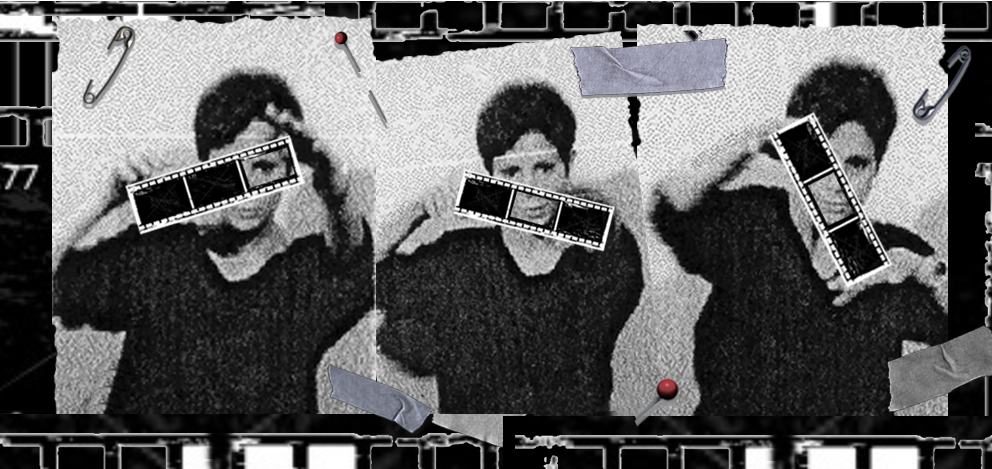
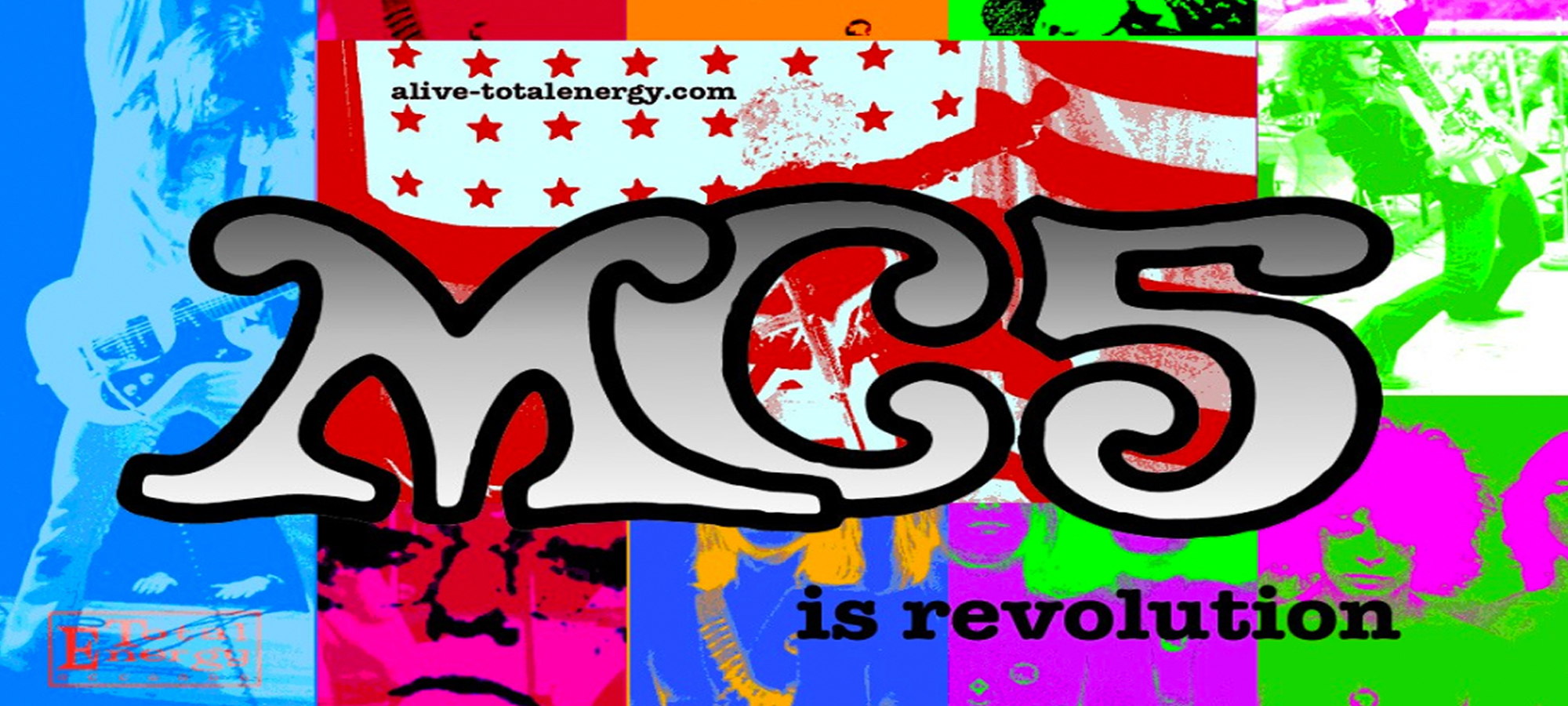

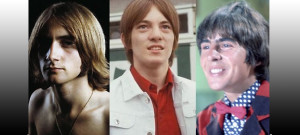

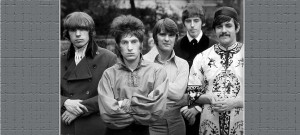
Wow, I thought that I was the only one mourning the dancing amphetamine fueled maniacs in tight white jeans.
Had no idea that “kick out the jams” does not mean what I thought it meant. As usual I learn something on the Hip Quotient.